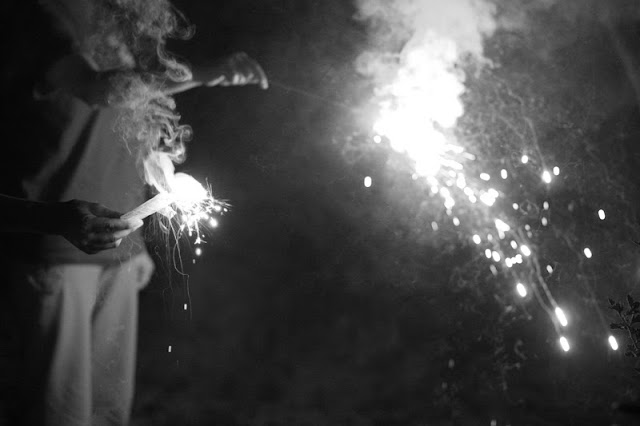How is it that the NoTrespassing sign makes you want to trespass even more? (maybe a Please Do Trespass at your Convenience sign would be more efficient). This is an abandoned factory in Tenno (Hiroshima), I felt I needed to enter and explore. I have no idea what they were manufacturing here. Heavy material for sure, hard and draining work under yellow helmets in what was probably a very noisy place.
Friday, 30 August 2013
Tuesday, 27 August 2013
Sunday, 25 August 2013
Trash Sunday (1)
The Yebisu Temple
I came across this temple while walking around in Kyoto, I don't know its real name or what it is dedicated to, but there were many beer cans scattered here and there. Not the trash kind of beer cans. It is quite common in Japan to find offerings of beer or sake on ancestors' tombstones, but this seemed a bit different. All Yebisu beer? By the candle stands?
This is not a nazi sign, by the way, it is the symbol for "temple". The Swastika has been around for centuries and was used in many civilizations before the one that we sadly know best.
Wednesday, 21 August 2013
Monday, 19 August 2013
Ruined in Booktown (again)
Well, fortunately I am not exactly ruined, because what I bought it so cheap I wanted to ask the person behind the counter if I could take the whole box. I would have done so if I had any space left for another box at home. I don't know why I am so addicted to those laminated comics pages. I need them all!! Help...
Friday, 16 August 2013
Borscht [борщ]
I don't know if it is a good idea to sneak in while the chef is fine-tuning his spécialité, but it smells very nice, very hard to resist (plus I am hungry).
Today we are invited for Borscht, made with love and care by Alexei. Three days of chopping, boiling, braising, his own elaborate twist to an Ukrainian classic.
Here is the speedy recipe for those who feel adventurous:
Ukrainian Red Borscht Soup (serves 6)
1. Crumble the sausage into a skillet over medium-high heat. Cook and stir until no longer pink. Remove from the heat and set aside.
2. Fill a large pot halfway with water(about 2 quarts), and bring to a boil. Add the sausage, and cover the pot. Return to a boil. Add the beets, and cook until they have lost their color. Add the carrots and potatoes, and cook until tender, about 15 minutes. Add the cabbage, and the can of diced tomatoes.
3. Heat the oil in a skillet over medium heat. Add the onion, and cook until tender. Stir in the tomato paste and water until well blended. Transfer to the pot. Add the raw garlic to the soup, cover and turn off the heat. Let stand for 5 minutes. Taste, and season with salt, pepper and sugar.
4. Ladle into serving bowls, and garnish with sour cream and fresh parsley.
(5. Unlike most things, it tastes better the day after)
Oh dear it's a mess. Never mind the recipe....
Then you'll just have to dig in. It will taste even better if people at your table are wearing a beautiful Ukrainian blouse and Ukrainian braids. Well, the braids are Russian but it works all the same.
Borscht is originally from Ukraine but Russians are quite fond of it too if you believe this picture: tubed Borscht consumed by Russian cosmonauts in space. I think it's a collectible!!
:-))
HOBO?
Monday, 12 August 2013
Obon / Hanabi
Mid-August, it's time for the short Obon holiday celebrating the spirit of one's ancestors. It is my favourite time of year in Japan, really hot, cicadas singing a tue-tête. This is the season for fireworks, Hanabi, usually grandiose events involving hundreds of thousands of spectators. But hanabi is also popular in backyards, small-scale celebrations of summertime, away from the crowd.
Subscribe to:
Comments (Atom)





















































